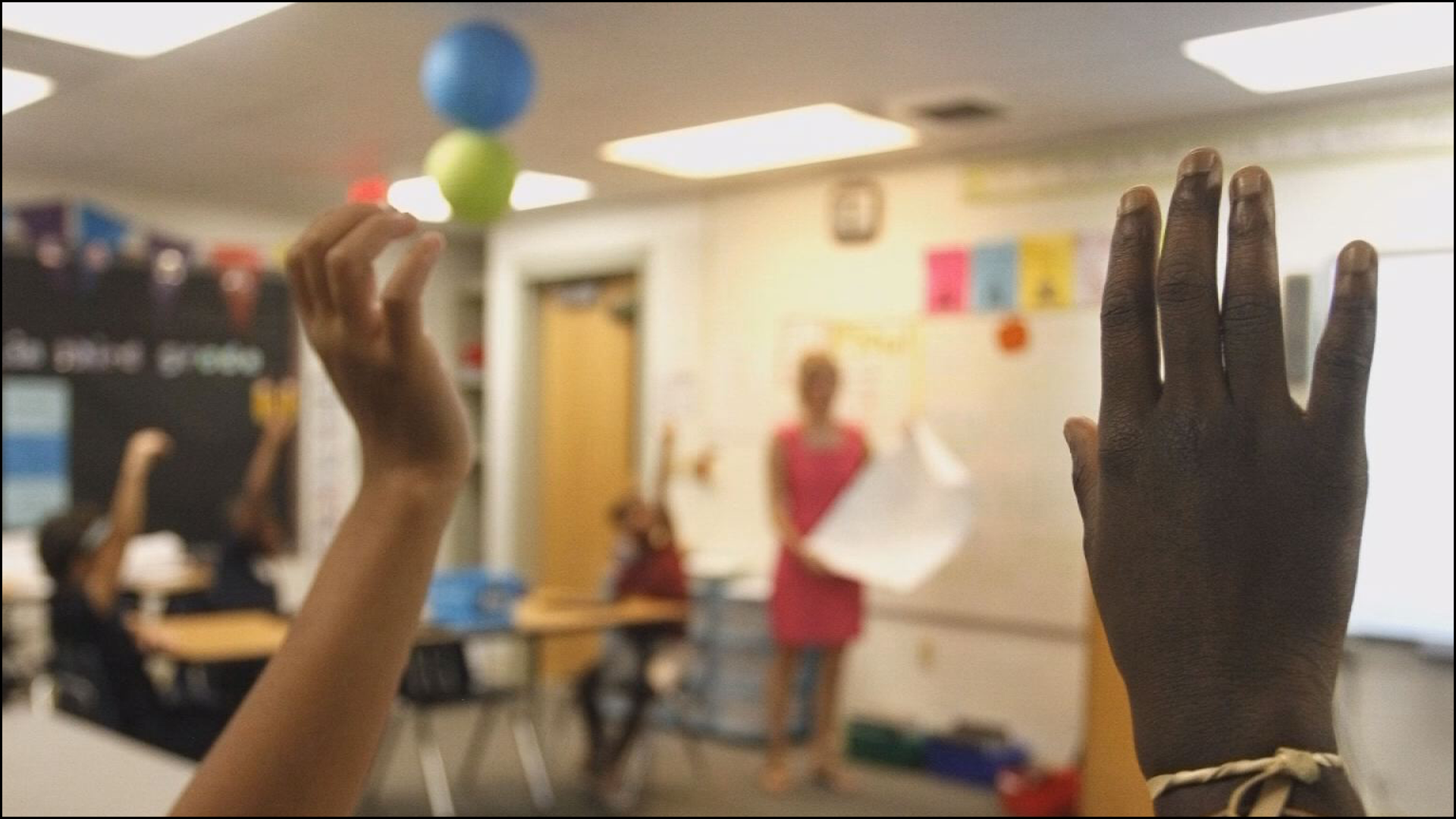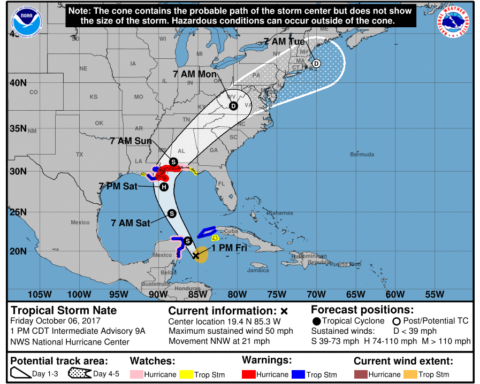Florida’s teachers union expressed frustration with another legal loss in the attempt to overturn a 2011 law setting guidelines for teacher evaluations.
In a statement, Florida Education Association (FEA) President Andy Ford addressed Tuesday’s decision by the U.S. Court of Appeals for the Eleventh Circuit in Atlanta.
The court upheld the dismissal of a challenge to Senate Bill 736, a 2011 law that based teacher evaluations on test scores of either students they don’t teach or subjects that they don’t teach.
“We’re disappointed that the court did not agree that Florida’s flawed evaluation system violated these teachers’ constitutional rights,” Ford said.
The FEA and NEA joined seven teachers from Alachua, Escambia and Hernando counties to file suit in April 2013 — Cook v. Stewart (also known as Cook v. Bennett) — arguing that the process equates to a violation of the equal protection and due process clauses of the Fourteenth Amendment of the U.S. Constitution.
In May of last year, U.S. District Judge Mark Walker threw out FEA’s challenges to portions of SB 736, a measure Gov. Charlie Crist vetoed in 2010, but Gov. Rick Scott approved in 2011, even though he expressed reservations about the practice.
On Tuesday, the appeals court upheld the lower court decision.
Although the court ultimately ruled against the teachers, the three-judge panel did agree that the system was flawed, but not constitutionally irrational.
In the written ruling, Walker expressed discomfort with the evaluation process: “the unfairness of the evaluation system, as implemented, is not lost on this Court … this Court would be hard-pressed to find anyone who would find this evaluation system fair to non-FCAT teachers, let alone be willing to submit to a similar evaluation system.”
The appellate court agreed: “VAM may not be the best method – or may even be a poor one … without a doubt, the evaluation scheme has led to some unfair results” for some teachers.
But, they concluded, “because the state and district defendants could have rationally believed that the challenged evaluation policies would improve students’ academic achievement, we affirm the district court’s entry of summary judgment in the defendants’ favor.”
Ford said the FEA will further evaluate the ruling before deciding on any further action.









